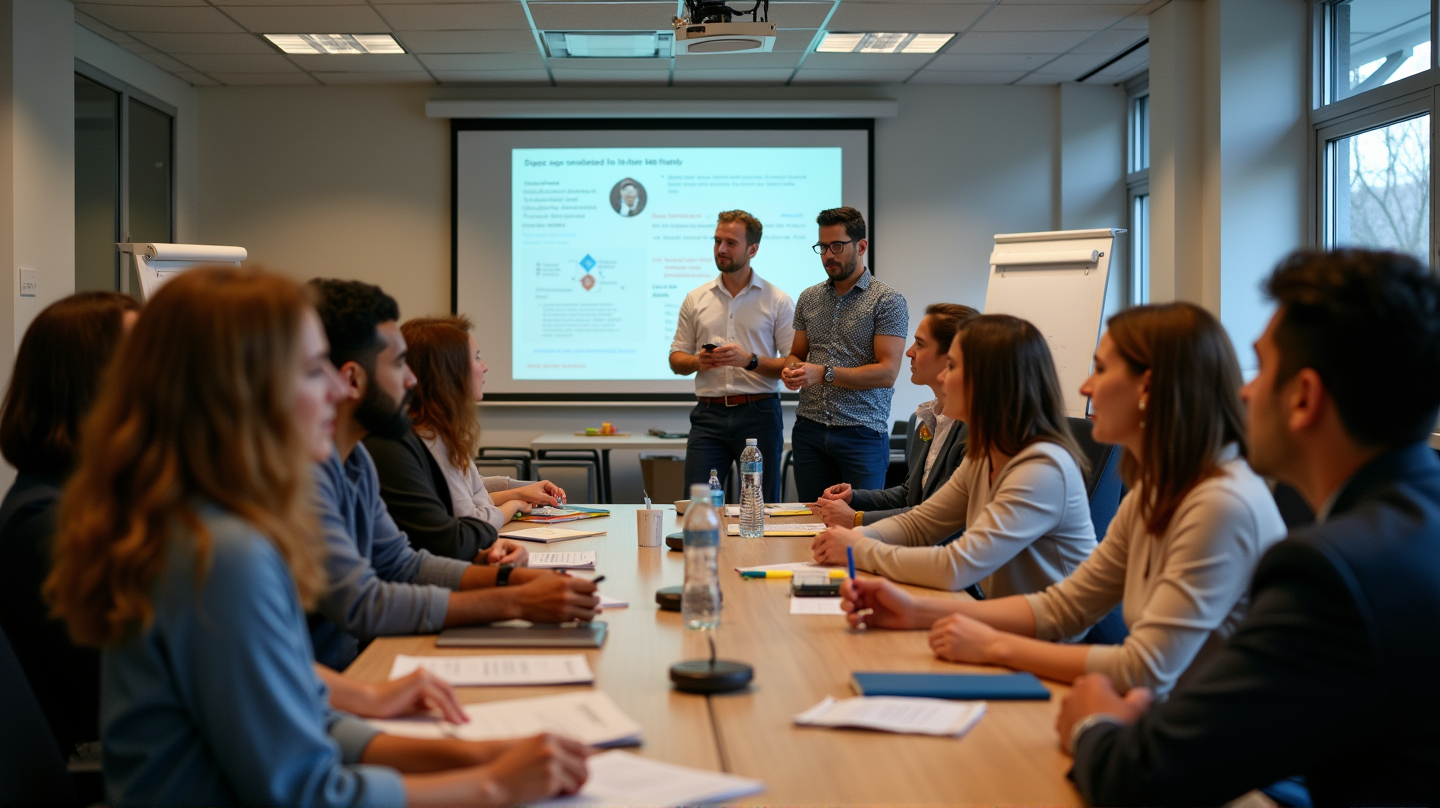Unlocking Behavioral Economics: Foltyn Seminar Inspires Health Innovations
Discover how the Foltyn Seminar harnesses behavioral economics to revolutionize health, with insights from experts and Delaware community leaders.

Shaping the Future of Health through Behavioral Nudges
The latest Foltyn Seminar has emerged as a pivotal platform for harnessing the power of behavioral economics to revolutionize health standards. Bringing together community leaders and behavioral economics experts, the seminar showcased innovative approaches to influence health behaviors using nudges, incentives, and strategic program design. According to University of Delaware, the U.S. continues to rank poorly in global health expenditures, prompting a need for more cost-effective healthcare solutions.
The Behavioral Economics Insight
At the heart of this transformative event was keynote speaker Kevin Volpp, a distinguished professor at the University of Pennsylvania and a leading voice in behavioral economics. Volpp highlighted the dissonance between healthcare spending and outcomes in the U.S., pointing out the alarmingly low life expectancy despite high expenditures. He argued the need for innovative strategies that move beyond providing information, emphasizing the role of bounded rationality and decision heuristics in daily health choices.
Making Healthier Choices the Easy Choice
Volpp stressed the importance of simplifying health decisions through automatic enrollments and strategic defaults. For instance, by defaulting patients to longer medication prescriptions or prioritizing healthier food options, participation and compliance rates have soared. Such strategies underline the essential role of behavioral reflexes in effective program design.
The Power of Incentives
Financial incentives play a critical role in fostering healthier habits. Notably, taxes on sugary beverages have significantly curtailed consumption, while gamification strategies have engaged communities in physical activities. Volpp underscored the need for well-calibrated incentives, noting successes in smoking cessation programs that combined financial rewards with social accountability.
Food is Medicine: A Paradigm Shift
A key focus of the seminar was the growing potential of “food is medicine” programs. Volpp emphasized the vital connection between diet and health outcomes, particularly in combating chronic diseases. As American dietary habits fall short of health recommendations, innovative interventions such as subsidized access to nutritious meals are gaining momentum. Collaborative efforts with the American Heart Association aim to substantiate the cost-effectiveness of these programs, positioning them alongside other covered healthcare interventions.
Community Programs: Bridging the Gap
Highlighting the local impact, community health leaders like Eric Plautz, Kim Blanch, and Donna Paulhamus shared insights from Delaware initiatives. Through food as medicine and educational outreach, these programs are tailored to assist those most in need. The seminar’s panel discussions underscored the collaborative spirit required to tackle health challenges and the promising potential of collective efforts.
Reflections and Future Directions
In closing, the speakers offered powerful calls to action, emphasizing passion, education, and involvement in community health efforts. By addressing diet, mental health, and behavior change, the Foltyn Seminar continues to inspire professionals and community members alike to forge pathways toward improved population health.
Embracing Holistic Health Solutions
Established in 2013, the Foltyn Seminar is supported by Ted Foltyn and Kathi Hetrick Foltyn, focusing on holistic approaches to health. Their dedication helps blend expert insights with community needs, fostering environments where individuals can realize meaningful behavioral change. As Volpp eloquently put it, “By understanding psychology, economics, and daily struggles, we empower individuals to embrace agency and impact real health transformations.”